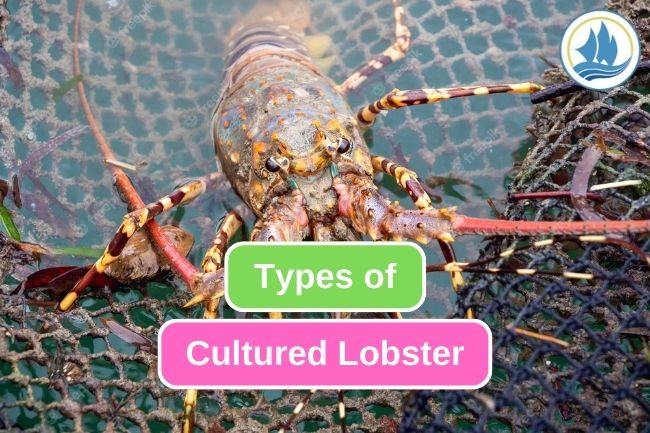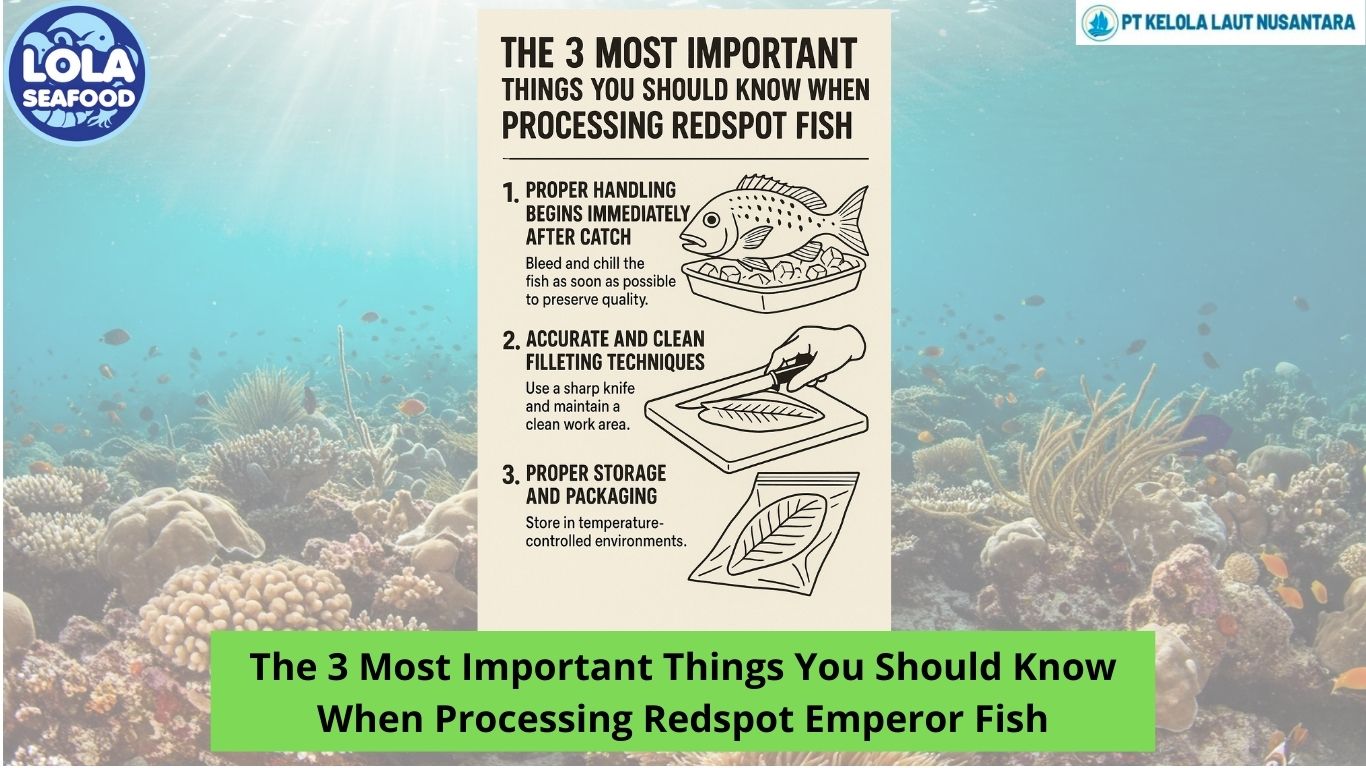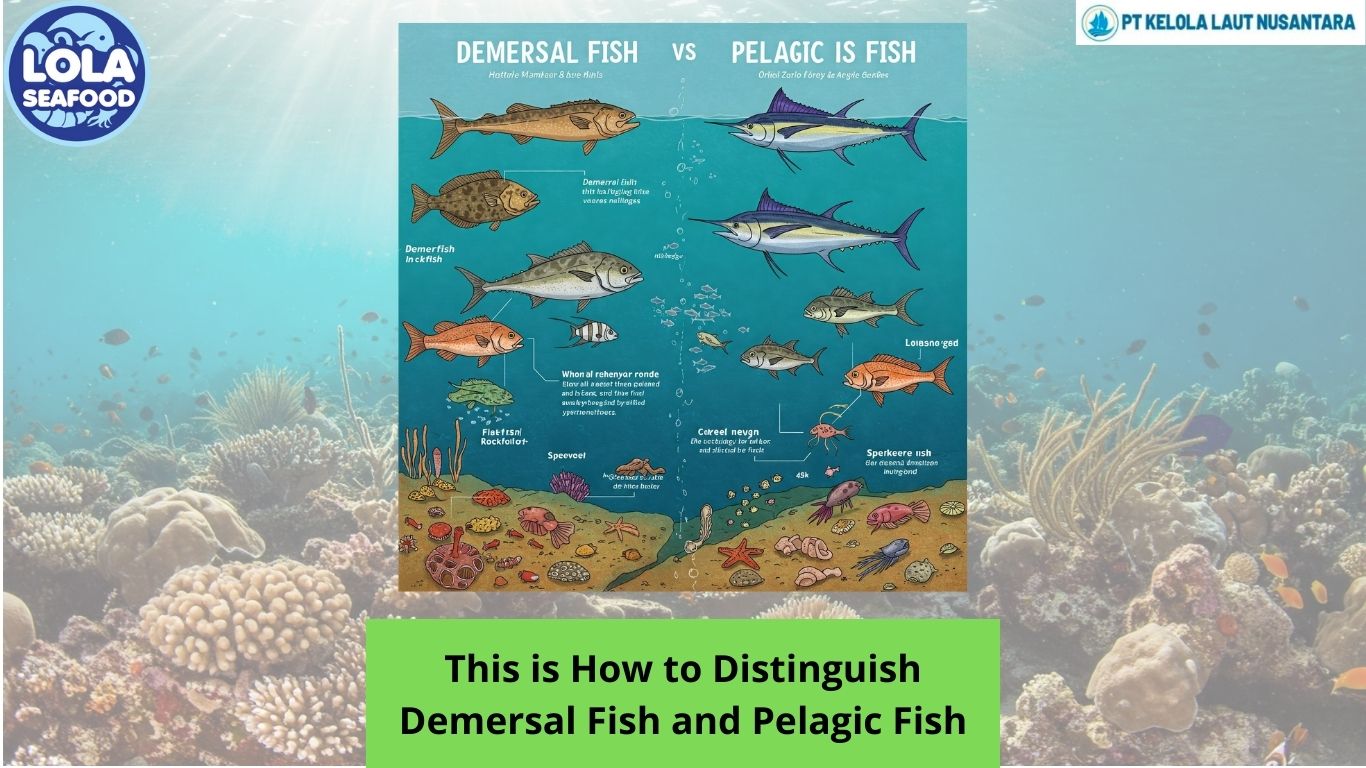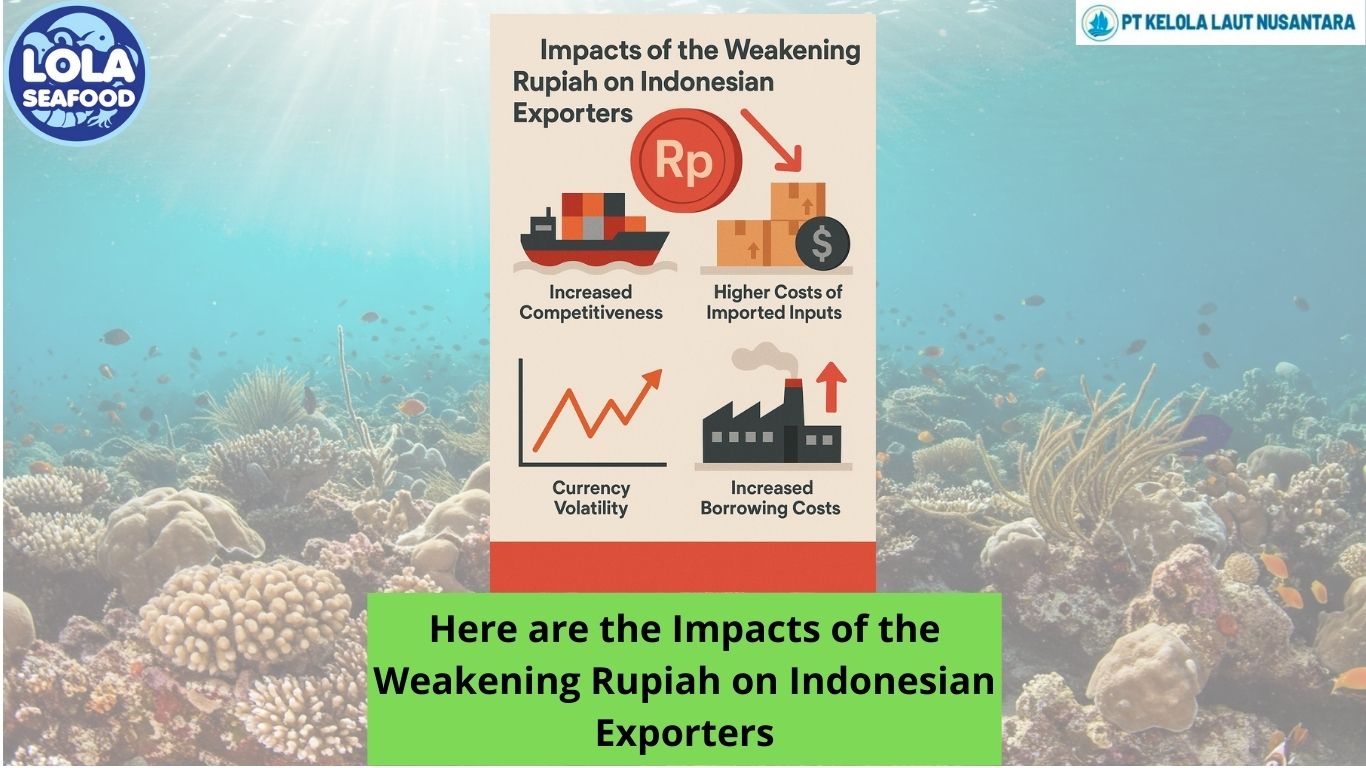Here Are 5 Lobsters That Are Cultivated in Indonesia
By. Nevanda - 02 Aug 2023
kelolalaut.com - Lobster farming has become one of the fisheries activities that is gaining more attention in Indonesia. With growing demand from both local and international markets, lobster farming offers promising economic potential for farmers and fishermen.
Lobster is one of the most valuable marine commodities, so good aquaculture practices can provide economic and social benefits, as well as help in the conservation of lobster populations in the wild. Through a combination of technology, knowledge, and sustainable management, lobster farming is a promising alternative in supporting the sustainability of the fisheries sector in Indonesia.
Various lobster species have been successfully cultivated, and some of them have become the main choice for commercial cultivation. From the pearl lobster with its captivating red-orange color, to the large, reddish-brown sand lobster, each type of lobster has unique characteristics that attract consumers.
Read also: 10 Fascinating Facts about Barramundi
1. Ornate Spiny Lobster (Panulirus ornatus)
Pearl lobster is one of the most popular lobster species for cultivation in Indonesia. This lobster has an orange-red color with white spots on its back.
2. Scalloped Spiny lobster (Panulirus homarus)
Sand lobster is a type of lobster that is quite large and has a reddish brown color. This lobster is also often cultivated in Indonesia.
3. Painted Spiny Lobster (Panulirus versicolor)
Crab lobster has a striking color, which is purplish blue with white spots on its body. This lobster is also commonly cultivated for local and export markets.
4. Pronghorn Spiny Lobster (Panulirus penicillatus)
Rock lobsters vary in color, ranging from brown, green, to purple. This lobster is also often cultivated because it has a high commercial value.
5. Crayfish (Cherax spp.)
In addition to sea lobsters, Indonesia also has several types of freshwater lobsters or crayfish that are cultivated. One of the common species is Redclaw Crayfish (Cherax quadricarinatus).
Read also: Crab Bisque Recipe You Should Try
With a sustainable farming approach, including the use of advanced technology and evolving scientific knowledge, lobster farmers are able to improve the productivity and efficiency of their business. Support from the government and related institutions is crucial in developing the lobster farming sector, including the provision of training, access to markets, and the enforcement of sustainable regulations.
Thus, lobster farming in Indonesia will remain one of the important pillars of the fisheries sector, providing economic and social benefits while maintaining environmental sustainability for future generations.
Read also: Easy Chikuwa Recipe for You to Try

.jpg)
.jpg)
.jpg)




